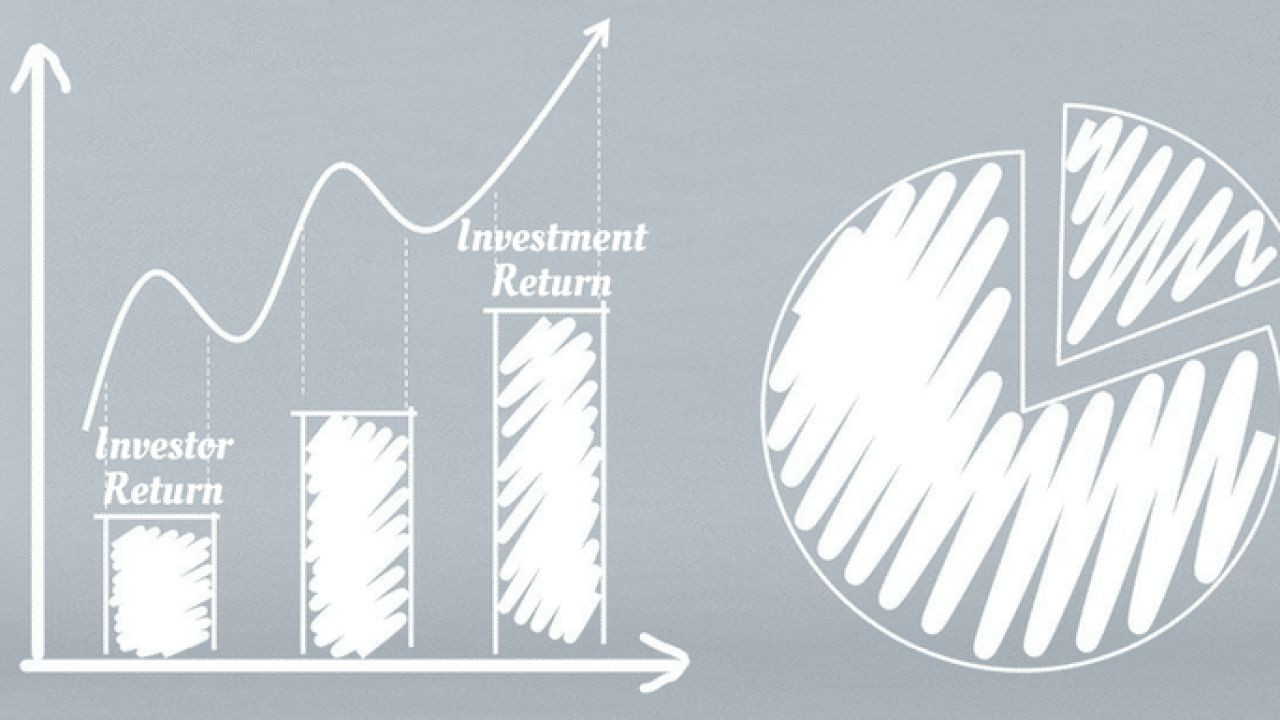New Zealand is currently facing a housing crisis that is impacting its economy in multifaceted ways. The housing market, a crucial component of New Zealand's economic landscape, has seen rapid inflation in property values, creating significant barriers for first-time homebuyers and increasing the cost of living for many Kiwis. This crisis is not only reshaping the real estate industry but also influencing broader economic factors such as consumer spending, labor mobility, and even governmental fiscal policies. Understanding the historical evolution, current data, and potential solutions for this crisis is essential for commercial real estate brokers and investors navigating the market.
The Historical Evolution of New Zealand's Housing Market
To comprehend the current crisis, it's vital to explore the historical context of New Zealand's housing market. Over the past two decades, the country has experienced a significant shift in housing dynamics. In the early 2000s, affordable housing was relatively accessible, with the median house price around NZD 180,000 in 2000. Fast forward to 2023, and the median house price has soared to over NZD 820,000, according to Stats NZ.
Several factors have contributed to this dramatic increase, including population growth, overseas investment, and limited housing supply. The Reserve Bank of New Zealand's monetary policies have also played a role, with low-interest rates fueling demand and inflating property prices. Additionally, government policies have intermittently attempted to curb speculation and improve affordability, but with varying success.
Data-Driven Insights into the Current Crisis
Current data from the Reserve Bank of New Zealand indicates that the household debt-to-income ratio has reached alarming levels, with many families spending over 40% of their income on mortgage payments. This financial strain is further exacerbated by stagnant wage growth, which has not kept pace with the rising cost of living.
A report from the Ministry of Business, Innovation and Employment (MBIE) highlights that the construction sector is struggling to meet demand. Despite efforts to increase housing supply, regulatory hurdles and a shortage of skilled labor have impeded progress. This bottleneck in supply has resulted in a competitive market where demand significantly outpaces available housing, driving prices even higher.
Real-World Case Studies
Case Study: Auckland's Housing Market – A Microcosm of National Trends
Problem: Auckland, New Zealand's largest city, epitomizes the housing crisis. With a rapidly growing population and limited land availability, Auckland has become one of the least affordable cities globally. In 2022, the city's median house price exceeded NZD 1 million, making homeownership unattainable for many residents.
Action: To address this, the Auckland Council launched the Auckland Unitary Plan, aiming to increase housing density and streamline zoning regulations. The plan encouraged the development of high-density housing solutions such as apartments and townhouses.
Result: Since the implementation of the plan, Auckland has seen a 20% increase in housing development projects, with a notable rise in apartment constructions. However, market prices remain high, indicating that while supply is improving, demand continues to surpass availability.
Takeaway: The Auckland case study underscores the importance of integrating regulatory reform with supply-side solutions. New Zealand cities must focus on long-term, sustainable development strategies that balance growth with affordability.
Pros vs. Cons of Current Housing Policies
Pros:
- Increased Housing Density: Policies encouraging higher-density living have the potential to alleviate some demand pressures.
- Economic Stimulus: Construction boosts employment and contributes to GDP growth.
- Infrastructural Improvements: Urban planning initiatives often lead to better public transport and amenities.
Cons:
- Insufficient Impact on Prices: Despite increased development, prices remain high due to persistent demand.
- Community Resistance: Some residents oppose high-density projects, fearing changes to neighborhood character.
- Regulatory Challenges: Complex zoning laws can delay projects and increase costs.
Debunking Common Myths and Mistakes
Several misconceptions surround New Zealand's housing crisis:
- Myth: "More housing supply will immediately reduce prices."Reality: The impact of increased supply on prices is often delayed due to ongoing demand and existing financial commitments.
- Myth: "Foreign buyers are the primary cause of the crisis."Reality: While foreign investment contributes, domestic factors such as low-interest rates and tax incentives play a more significant role.
- Myth: "High-density housing decreases property values."Reality: Studies show that well-designed, high-density projects can enhance local property values by improving amenities and infrastructure.
Future Trends and Predictions
The future of New Zealand's housing market will likely be influenced by several key factors:
- Government policies are expected to focus more on sustainability and energy efficiency in new developments.
- Technological advancements in construction, such as modular housing, could reduce costs and timeframes.
- Urban planning will increasingly prioritize public transport accessibility to reduce congestion and improve liveability.
According to a Deloitte report, by 2030, New Zealand's housing market may stabilize as these measures take effect, potentially reducing the rate of price increases to align more closely with income growth.
Conclusion: Navigating the Housing Crisis
New Zealand's housing crisis presents both challenges and opportunities for commercial real estate brokers and investors. While the current market environment is complex, understanding the historical context, current data, and future trends can inform strategic decision-making. As the government and industry stakeholders work towards solutions, there is potential for innovative approaches to reshape the market dynamics. Brokers who stay informed and adaptable will be well-positioned to capitalize on emerging opportunities.
If you found this analysis insightful, consider sharing your thoughts or engaging with others in the comments below. What's your perspective on the future of New Zealand's housing market?
People Also Ask
- How does the housing crisis impact New Zealand's economy? The housing crisis affects consumer spending, labor mobility, and inflation, creating economic constraints and reducing disposable income for many Kiwis.
- What are the biggest misconceptions about New Zealand's housing market? A common myth is that foreign buyers are the primary cause of the crisis; however, domestic factors like low-interest rates have a more significant impact.
- What solutions are being proposed to address the housing crisis? Solutions include increasing housing density, regulatory reform, and investment in sustainable building technologies to enhance affordability and availability.
Related Search Queries
- New Zealand housing crisis 2023
- Impact of housing market on NZ economy
- Future of New Zealand real estate
- Sustainable housing solutions NZ
- Government policies on housing in New Zealand































